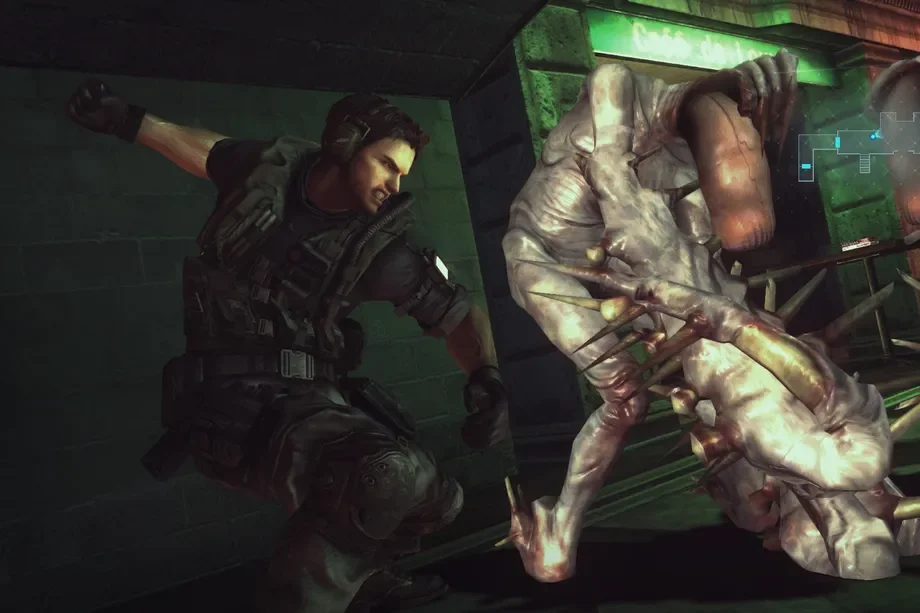The Controversy Around Enigma Protector in Capcom’s Steam Games
Capcom, a leading game publisher, has sparked a heated debate within the gaming community with its decision to integrate file-protection software into its catalog of games on Steam. This move, part of Capcom’s strategy against piracy, also targets PC mods, which the company equates to cheats.
The Impact on Resident Evil: Revelations and Community Backlash
The issue gained significant attention when Capcom updated the 2013 release of “Resident Evil: Revelations” on PC, integrating the Enigma Protector software. This update led to performance issues, as reported by players, prompting Capcom to revert the changes temporarily. However, Capcom plans to re-release the update, as stated in a Steam update.
Steam users have expressed their displeasure, reflected in the “mostly negative” reviews for “Resident Evil: Revelations.” Many cite the “mod-blocking DRM” as the primary reason for their dissatisfaction.

Enigma Protector: A Shield Against Hacking and Mods
Enigma Protector, a third-party software, is designed to secure executable files from hacking, analysis, modification, and disassembly. In the case of Capcom’s games, it effectively blocks game mods.
Capcom’s Stance on Mods: Protecting Image and Reducing Support Burden
Capcom has recently taken a strong stance against mods, with the developers of the RE Engine (which powers titles like “Street Fighter 6” and “Monster Hunter Rise”) highlighting the potential for “reputational damage” and increased customer support burdens.
“Mods can cause bad publicity when they violate public order and morals without permission,” Capcom developers explained in a YouTube video discussing anti-cheat and anti-piracy measures.
High-Profile Mod Incidents: Street Fighter 6 and Monster Hunter Rise
Capcom has faced notable incidents involving mods. An unofficial “Street Fighter 6” tournament streamed a naked Chun-Li mod on Twitch, leading to significant negative attention. Furthermore, Capcom warned players of a modified version of “Street Fighter 6’s” closed beta, indicating potential ineligibility for official Capcom tournaments.
In December, Capcom reportedly took action against a “Monster Hunter” speedrunning group on YouTube, removing videos that featured modded versions of the “Monster Hunter Rise” expansion, Sunbreak.
The Modding Scene: A Mixed Bag of Creativity and Cheats
Capcom’s games, especially the “Street Fighter” and “Resident Evil” series, have been popular targets for mods, ranging from alternative costumes to robust cheats in games like “Monster Hunter Rise.”
Capcom’s Broader Anti-Piracy Strategy
Beyond Enigma Protector, Capcom uses DRM products like Denuvo to combat piracy. High-profile games like “Resident Evil Village” and “Street Fighter 6” have employed Denuvo for this purpose.
Polygon reached out to Capcom for comments regarding the use of Enigma Protector and the company’s official stance on PC mods but had not received a response at the time of writing.
Capcom’s recent actions represent a significant moment in the ongoing debate over modding in PC games. While aiming to protect their intellectual property and maintain the integrity of their games, these measures have sparked a conversation about the balance between creator control and community creativity. As the situation unfolds, it remains to be seen how this will impact the relationship between game developers and the modding community.









